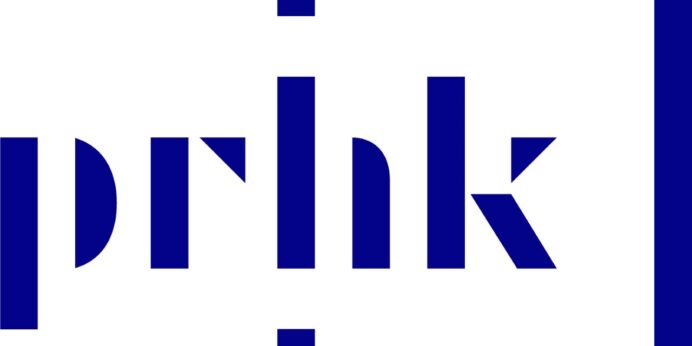PRHK Viewpoints: How to Build and Grow a Winning Agency Workforce
Attracting and retaining talent has been a perennial challenge for public relations and communications agencies. However, in the past three years in Hong Kong, it has felt as though not only the goalposts have not only shifted, but both the field and the ball have changed shape entirely. When it comes to talent management, agency heads are left trying to navigate a completely new game.
Agency business is good. The pandemic years have seen an increased value attributed to public relations not only for business success but for business continuity. Sectors that experienced a natural downturn like events and consumer branding, have been more than compensated by the increase in demand for other disciplines such as internal communications, public affairs and digital. [1]
However, the need for PR services has further exacerbated the challenge of hiring people who bring the right skills and experience.
The pool of available talent is shrinking fast. Hong Kong saw 89,200 residents depart between mid-2020 and mid-2021, and a whopping 113,200 left between mid-2021 and mid-2022. These figures have contributed to a 1.6% drop in Hong Kong’s population. [2]
Additionally, the concept of ‘lifetime employment’ has become a relic of the past with today’s employees demonstrating a different set of priorities and expectations. A recent survey showed that 45% of Hongkongers would rather be unemployed than unhappy in their jobs – 10% higher than the global average. [3] Our own proprietary research among PR and communications professionals in Asia revealed that for the first time in our two decades of experience ‘sense of purpose’ trumped ‘pay’ in contributing to happiness in the workplace. [4]
Against this backdrop, it is imperative for agencies in Hong Kong to rethink their approach to talent management. Throughout our daily interaction with candidates and employers, the Prospect team has identified five guiding principles that we consider to be essential for agencies to build and grow an effective workforce in the current environment.
1. Hire the individual rather than fill the role
Job descriptions are an important starting point to make a new hire, but they should not be set in stone. In a candidate-driven market, it’s highly unlikely that employers will find someone who ticks all the boxes. By approaching the recruitment process with an open mind, it is possible to find a person with a set of skills that can benefit your business in ways you didn’t consider when the original job description was written.
2. Allocate fair and attractive compensation
Pay is and always will be very important. While other factors come into play when candidates are considering a new position, the reality is that no one will take a pay cut, regardless of how good the company culture may be. So if you want to attract the best talent, it’s important that you do your homework to ensure the total compensation you’re offering – including pay plus benefits – is fair and competitive.
3. Embrace flexibility
If the past three years have proven anything, it’s that productivity is not dependent on teams being together under the same roof. A one size fits all approach is no longer effective. Some people thrive in an office environment, others prefer working from home, but everyone wants to be trusted to do their job and the flexibility to work in the best way for them. Employers who offer this flexibility are already a step ahead in attracting the best talent.
4. Prioritise career development
It’s time to take the professional growth of your staff seriously. For too long, training and coaching have been treated as box ticking exercises cast aside during busy periods. Now, more than ever, people are seeking employers who show a genuine commitment to their personal career development. Agencies who do this well not only provide training or coaching opportunities, but they reallocate work to ensure their employees have the time to do it. They also create opportunities for advancement by first looking internally for people with the will or interest to pivot into a role, rather than hiring from outside the organisation.
5. Leverage your leaders
Employees often choose a role based on the people they will be working for. Yet agency leaders are frequently too busy with high value clients or the day-to-day operations of the firm to spend any significant time getting to know their junior or mid-level staff. As a leader, forging strong relationships with your team not only makes employees feel seen and valued, but it builds loyalty. And in today’s transitory environment, this can make all the difference.
By implementing these principles to attracting and retaining talent, it is possible for agencies to build and grow a winning workforce in good times and in bad.
This piece was written by Emma Dale, Co-founder and Managing Director of Prospect. PRHK Viewpoints is an article series contributed by members of PRHK, Hong Kong’s PR & communications association.
[1] State of the Industry Review [2] The Census and Statistics Department [3] Randstad [4] State of the Industry Review
